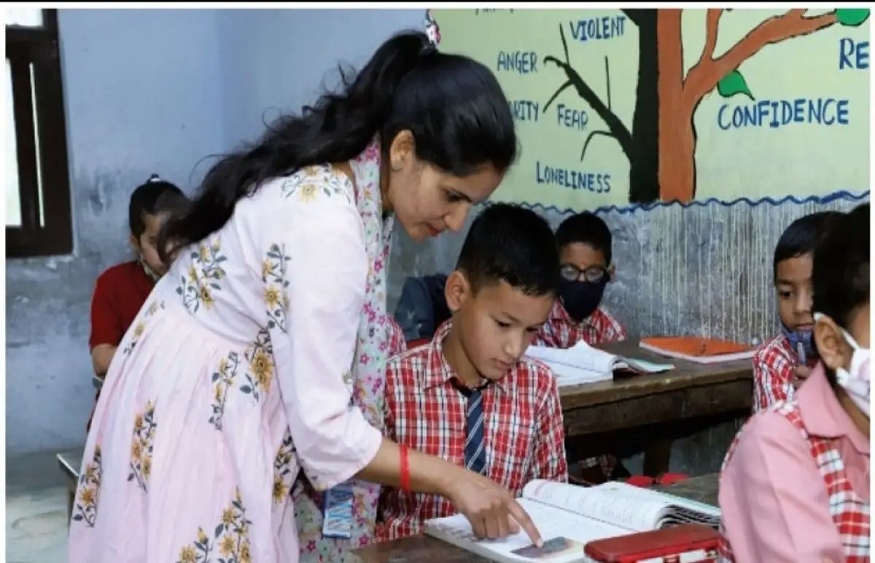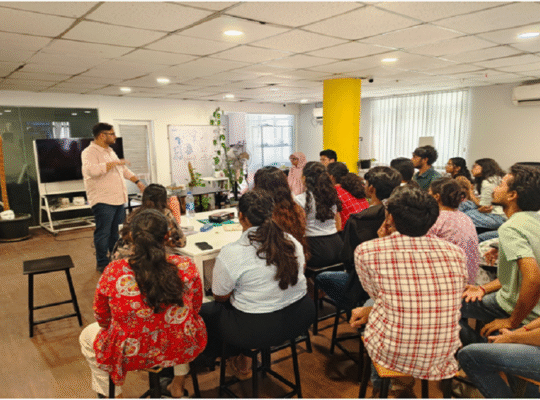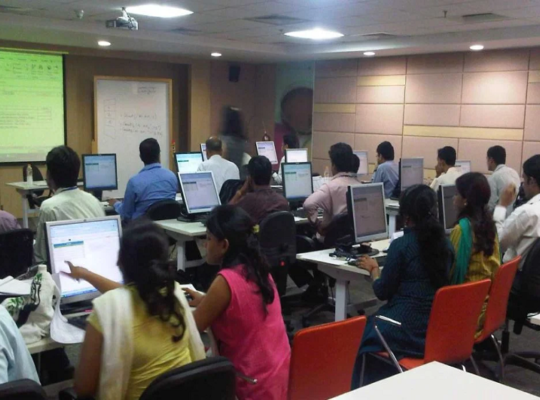The first lesson is a kind of rite of passage from a state of student to that of a teaching professional. This passage can cause apprehension, but it is also the crowning achievement of the efforts made to succeed in a difficult competition.
It is not uncommon to dream of going back to school the days before or to have your last days of vacation a little disturbed by the expected and dreaded event. Each back-to-school day is a day with a strong emotional impact, all the more so when you experience your first back-to-school as a teacher. But it is also the privileged moment for an awareness, beyond speeches, through an intimate experience: I am no longer a student, I am a teacher.
The beginning of the year allows us to become aware of the teacher we are going to be, perhaps a little different from the one we planned to be or would like to be. It is also an opportunity to discover those who are at the center of the concerns of education professionals: the students. They are diverse. They change from day to day. From the first contact, their knowledge will therefore be an object of constant attention.
The first day of class
If the arrival in a school can be a confusing experience, the first class is often apprehended by new teachers: “I had a black hole when entering the class”, “I wanted to come out”, ” I no longer knew what I had prepared” . But not everyone is so emotional. Karim for example: “I wanted to know if I was going to make the weight” . Charline: “I found that these small sixths had a good head overall. I immediately thought that we were going to get on well”. Noemie: “The first day it didn’t go too well. I was too contracted. But the next day, I still had them in the early afternoon and it went well. Contact was made anyway. Alice , who has already had a long career, says: “The first day ? Hold on. I’m going to disappoint you if you think it was a difficult experience: I have great memories of it. I said to myself: finally I am realizing my dream, teaching science. I had lots of ideas, lots of desires. Looking back, I think I didn’t do it well that day, but that’s okay. I was sure they would stick to physics. With ups and downs, differences from one class to another, from one student to another, basically, that’s what has happened since. »
10 tips for the beginning teacher
1 – Find your way around the establishment.
Signage is not always well designed. It is important for morale not to get lost before a lesson. A first visit before or during pre-entry to find your way around, identify the classrooms, the teachers’ room, the administration offices, the CDI, find your locker… is a must. You can also time the journey between home and school, especially in a big city. This allows you to provide a margin to avoid being late.
2 – Find out about current programs and reforms.
At the Documentation and Information Centre, in the specialized rooms or sometimes in the teachers’ room, it is possible to find the official texts. They are still accessible on the Internet. Summaries and commentaries of the texts, as well as tools, can be found on Éduscol (the national portal for education professionals:
3 – Find support from colleagues.
Do not hesitate to ask for information or explanations. The teachers’ room is the best place to meet other teachers, but in some establishments, it is during meals or between classes, in front of the coffee machine, that discussions take place. The librarian teachers are mines of information. The CPE, in general, knows the students well.
4 – Dialogue with the tutor.
Some are not widely available. If you need help, you have to target your request. If he gives advice, he must be asked to comment on it (why? under what conditions?). His look is interesting, even if we don’t necessarily agree with his observations.
5 – Organize your time.
The timetable of the classes only defines the time of presence in front of the pupils. While it is important that it not be too dispersed, it is the organization of working time outside the classroom that is the most difficult to achieve: it is easy to be overwhelmed by the preparations and especially by the corrections of homework. You have to set yourself rhythms so as not to be too late, set yourself time limits to preserve your privacy, choose priorities. Don’t be too perfectionist.
6– Preparing for your first lesson.
Rhythm the time of the first lesson through different phases (personal presentation, comments on a written document that frames the work of the year, answers to students’ questions, first activity, etc.).
7 – Even if everything is not decided on the first contact ,
it may be in our interest to anticipate the framework that we show by the posture adopted in front of the students, in the management of the “first times”: the first time when a student transgresses a rule of the game that has just been laid down, the first delay, the first time you witness insults between students, etc.







